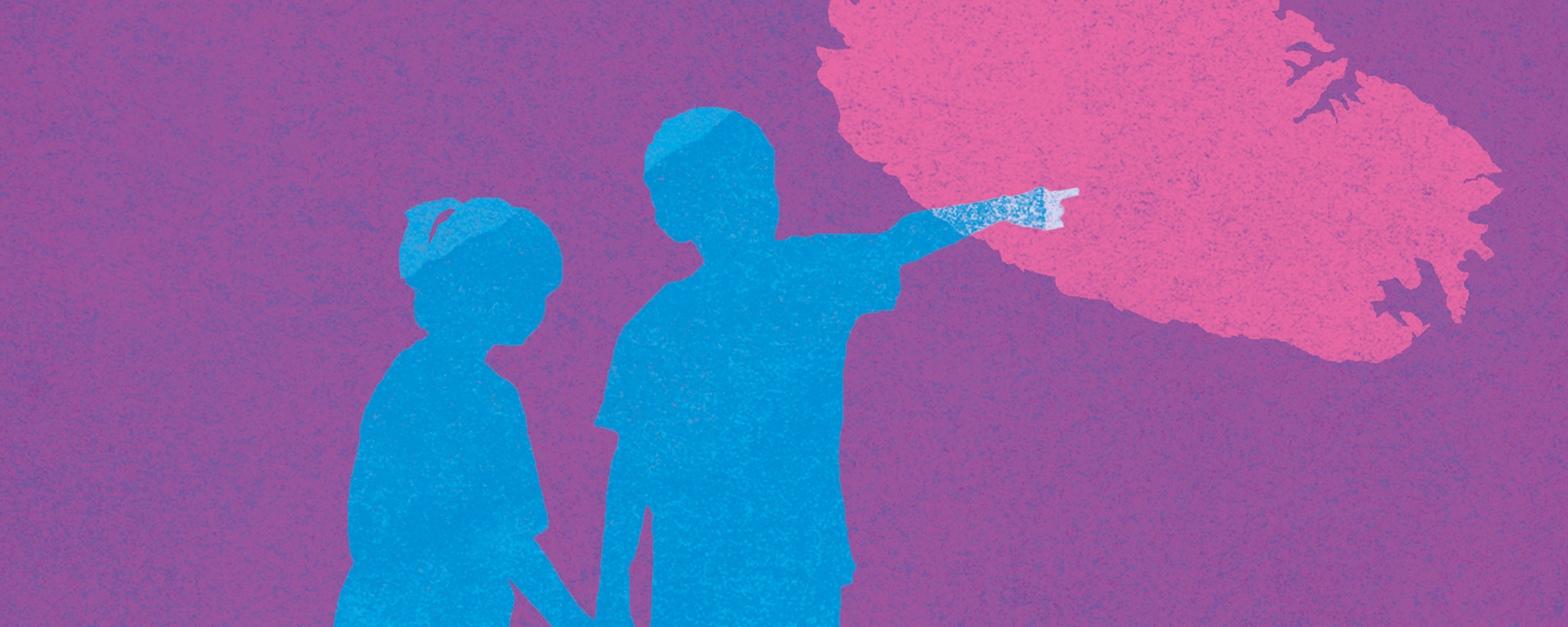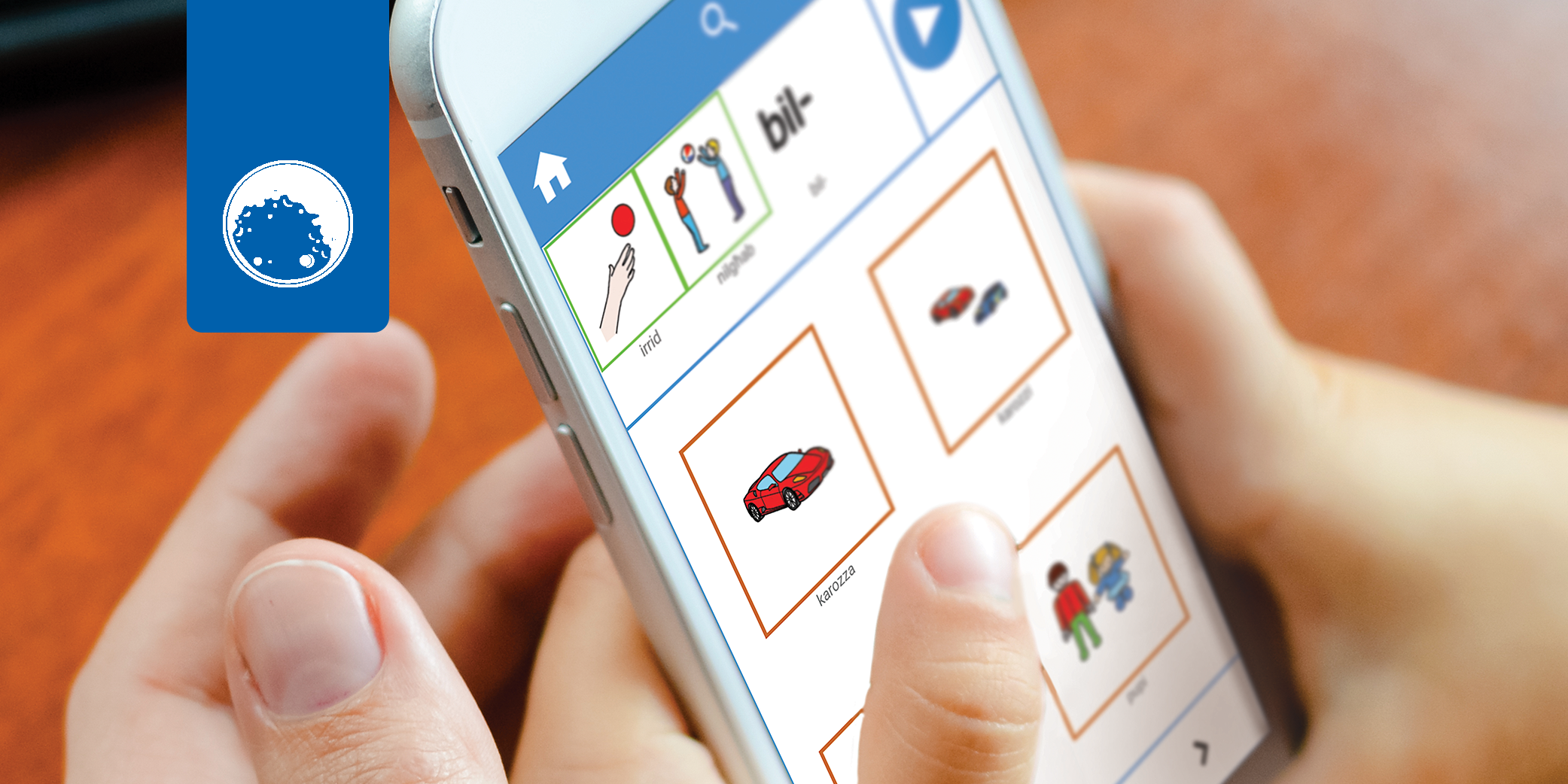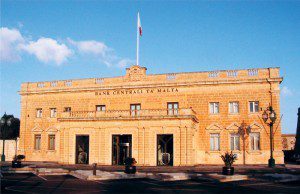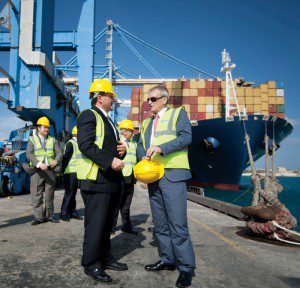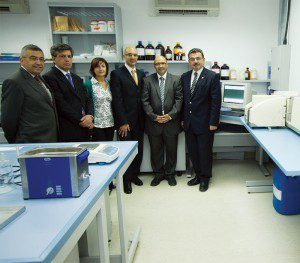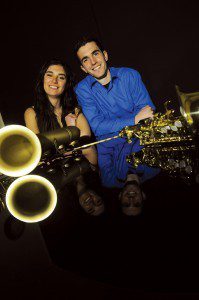Our childhood years are meant to help us develop our sense of identity, belonging, culture, and home. But what happens to those for whom childhood is dominated by moving to a new country with a new language, culture, and social norms? Prof. Carmel Cefai speaks to Becky Catrin Jones.

It’s a small world these days. Developments in technology and transport mean it’s much easier to pack your bags and head off for a fresh start in a foreign land. For many, the destination is Malta. As a beautiful island in the Mediterranean Sea with a booming economy, it is no surprise that it’s drawing the attention of bright sparks and aspiring families from Europe and beyond. In fact, Malta currently boasts the fastest growing EU population.
Of course, it’s not always through choice that you might find yourself leaving your homeland behind. Humanitarian crises and ongoing wars in North and sub-Saharan Africa and the Middle East have seen thousands set sail under the most treacherous conditions in search of safety. For this population, Malta is often the first port of call between the dangers of home and the promise of hope in Europe.
It seems strange to group these populations together, given the stark differences in the journeys that bring them to Malta and the life they seek here. But together, this influx of people has contributed to a sudden rise in interculturalism, where people from different backgrounds interact and influence one another. This is a reality all parties are having to adapt to.
Even in a fairytale scenario, childhood is challenging. Growing up when you’re far from home, look different to everyone around you, and don’t speak their language, makes the challenge reach a whole other level. Children’s wellbeing is an increasingly important and emotive topic to study in Malta, which is a signatory to the United Nations Convention on the Rights of the Child. A team of researchers from the Centre for Resilience and Socio-Emotional Health (University of Malta), set out to explore the situation. They questioned: How do you settle into a new home and identity when you are still trying to figure out who you are and where you are from?
Finding the voices
Children are often a silent group. When analysing the wellbeing or effect of migration on a population, they are usually spoken for by adults. For this study, however, Prof. Carmel Cefai and his team wanted the child’s voice as well. The scope of the study was ambitious; every single contactable, non-Maltese child living in Malta was invited to take part and share their experiences. But this was a challenge.

‘Identifying and obtaining access to foreign children from age zero to 18 was not easy… Some schools suffered from research fatigue and did not wish to participate; whilst translation of instruments and data and use of interpreters drained the limited budget we had for this project.’ Maltese children were contacted and invited to participate too. After all, they are as affected as anyone else when around one in ten of their schoolmates are not Maltese.
The study focused on four main areas; social interaction and inclusion, education, subjective wellbeing and resilience, and physical health and access to services. They covered the experiences of children up to 18 years of age, from various schools, who were either settled into their own family houses or still in open shetlers following a difficult journey to Malta. They also aimed for a balance in migrants’ nationalities; European, North American, African, Middle Eastern, or East Asian; as the experiences of each population are understandably different. Cefai and his team found that the experiences of migrant children in their everyday life are quite positive. In some areas, even more positive than those of Maltese children, with only 8% reporting difficulties in their psychological wellbeing compared to 10% in the native population. Overall, they found that migrant children feel safe, listened to, and cared for by the adults in their communities. Despite the language barriers, most feel like they have a support network, and enough friends though more often than not those friends are other foreign children, not Maltese.They are able to keep up at school, and generally do as well as their Maltese peers, with teachers reporting high levels of engagement.
Adapting to a new world
All is not rosy. Bullying in schools is quite common, though less frequent than that reported by native Maltese children. One in five migrant children also do not feel they have enough friends.
Younger children seem to be more included and engaged than secondary school ones, and in general females fared better in the study than male classmates. That said, age and gender weren’t the main influencers when it came to predicting how well the children engaged at school and in their communities. ‘The study suggests that there are different layers of reality, with the big picture hiding the socio-economic, psychological, and social difficulties encountered by a substantial minority,’ remarks Cefai.
Unsurprisingly, those who speak Maltese feel more engaged than those who don’t, and those who aren’t confident in English are in an even worse position. However, the factor producing the biggest differences between the overall wellbeing, health, and education of the children is their country of origin. ‘The health, wellbeing, and relative comfort enjoyed by many children of European economic migrants contrast sharply with the poverty, poor accommodation, psychological difficulties, learning difficulties, and experiences of discrimination of many children from Africa and the Middle East’, says Cefai. Western Europeans and American children scored highly over all criteria, whereas African and Middle Eastern children are far more likely to be lonely or suffering from social or economic difficulties.
They are more likely to be less proficient in English, which leads to difficulties in making friends with children from other cultures and which also contributes to problems in their education. Although they are generally nourished by their spiritual and religious communities, in all other areas these children report social and emotional difficulties and are also more likely to report facing prejudice and discrimination. Healthcare proved problematic; many parents and children worry that they are subjected to discrimination whilst using services, or do not have enough information to use them in the first place.
A land of opportunity
Despite the additional challenges that these particular migrant children face, the overriding feeling is one of acceptance and hope. Even children in open centres view Malta as a land of opportunity, even when some are in suboptimal housing and lack basic necessities. What children in open centres do not perceive is Malta as their home. Better living conditions in the community, more cultural sensitivity, and openness to interculturalism may help to reduce the feeling of ‘us’ and ‘them’.
So what do Maltese children think? Again, the overall conclusions show that children are open, tolerant, and welcoming of this dramatic and quick rise in multiculturalism that has happened. However, on closer inspection, it seems that there is still a way to go before we can truly call ourselves an open and accepting society.
Relatively few Maltese children have many foreign friends, preferring to spend time with native peers. This hesitation is stronger in children who aren’t from a mixed community, whereas children in independent schools and more exposed to foreign children seem more at ease with the idea that the future might be even more multinational and intercultural. As many as one in three Maltese children also report feeling unsafe in culturally diverse communities, and worry about potential negative consequences of these changes in the future. There also appears to be particular prejudice against children from Africa and the Middle East in contrast to children from Europe, the US, Canada, and Australia.
What has become clear is that both foreign and native children could do with some reassurance. So what do Cefai and his team suggest we can work on to help everyone embrace this new culturally diverse reality?
A united future
‘[We need] to address the needs of marginalised and vulnerable children, particularly those coming from Africa and the Middle East’, says Cefai. There’s also a lot both populations could learn from each other; caring for their environment, sharing cultures, or even adopting healthier lifestyles. By encouraging more open and judgement-free spaces to play, learn, and share, we’ll take away the ‘us’ and ‘them’ ideology from a young age and replace it with one of acceptance, curiosity, and openness to new ideas. This will help prevent the dangerous spiral of segregation and ghettoisation, seen all over Europe.
Cefai suggests a space for more positive role models for those migrant children thrown into a foreign culture that doesn’t seem to have space for them. Having teachers, healthcare workers, or even political representatives who have similar backgrounds will foster this inclusive nature, showing that everyone has a voice when it comes to working together to make this country a home for all.
There’s work to be done with Maltese children. ‘Whilst it is encouraging that the majority hold positive attitudes towards interculturalism, it is worrying that as they grow older children’s attitudes tend to become less positive,’ says Cefai. ‘It’s our responsibility to ensure that educators, community leaders, and parents of Maltese children are part of a national initiative to embrace interculturalism.’
Although overall a positive study, Cefai and team have shown we still have a way to go until every child in Malta feels safe, happy, and at home. And in this ever-changing and diverse environment, Malta has real potential to be an example to its neighbours on how a successful multicultural society can work on every level. These children are our future.

